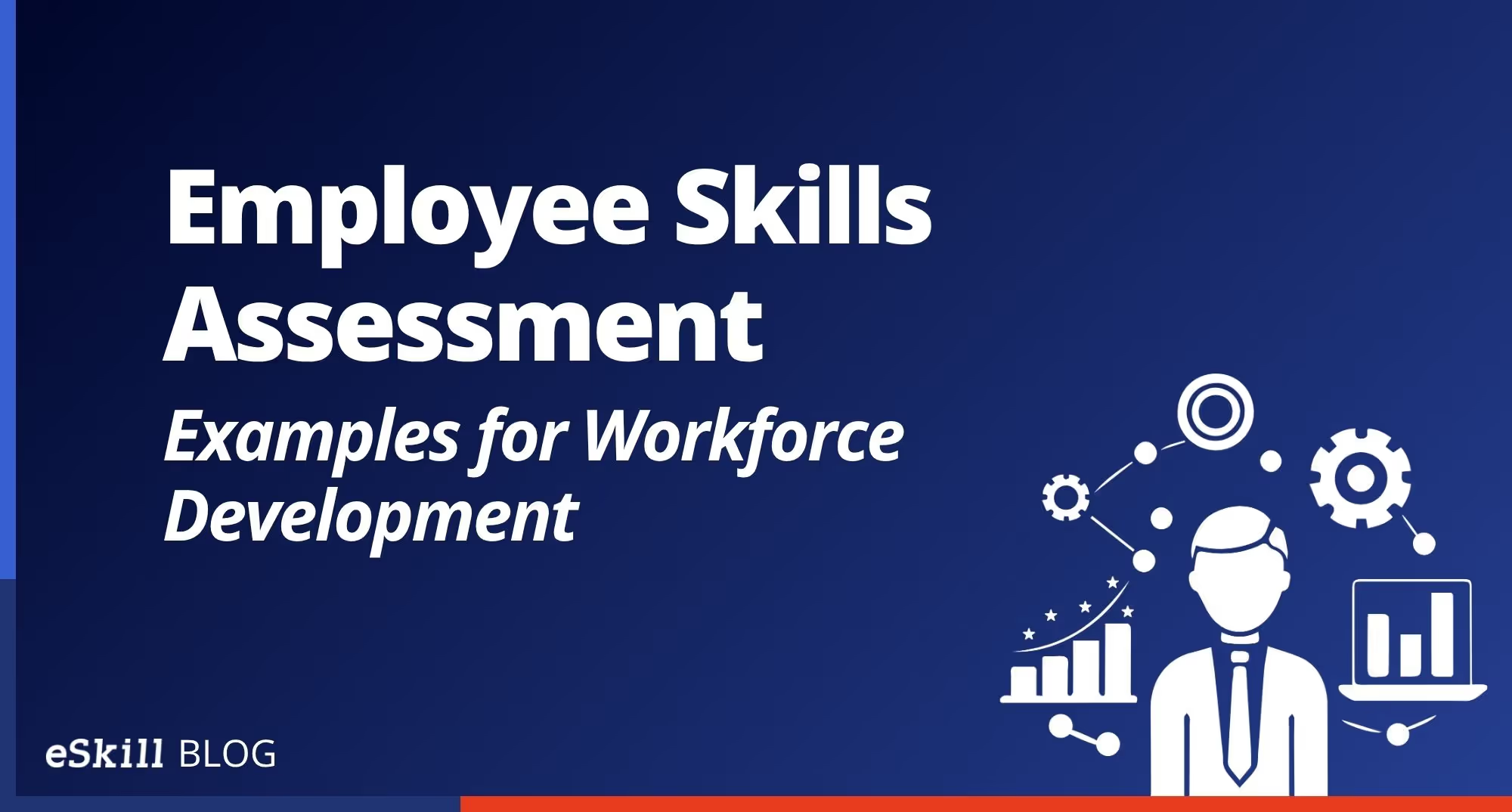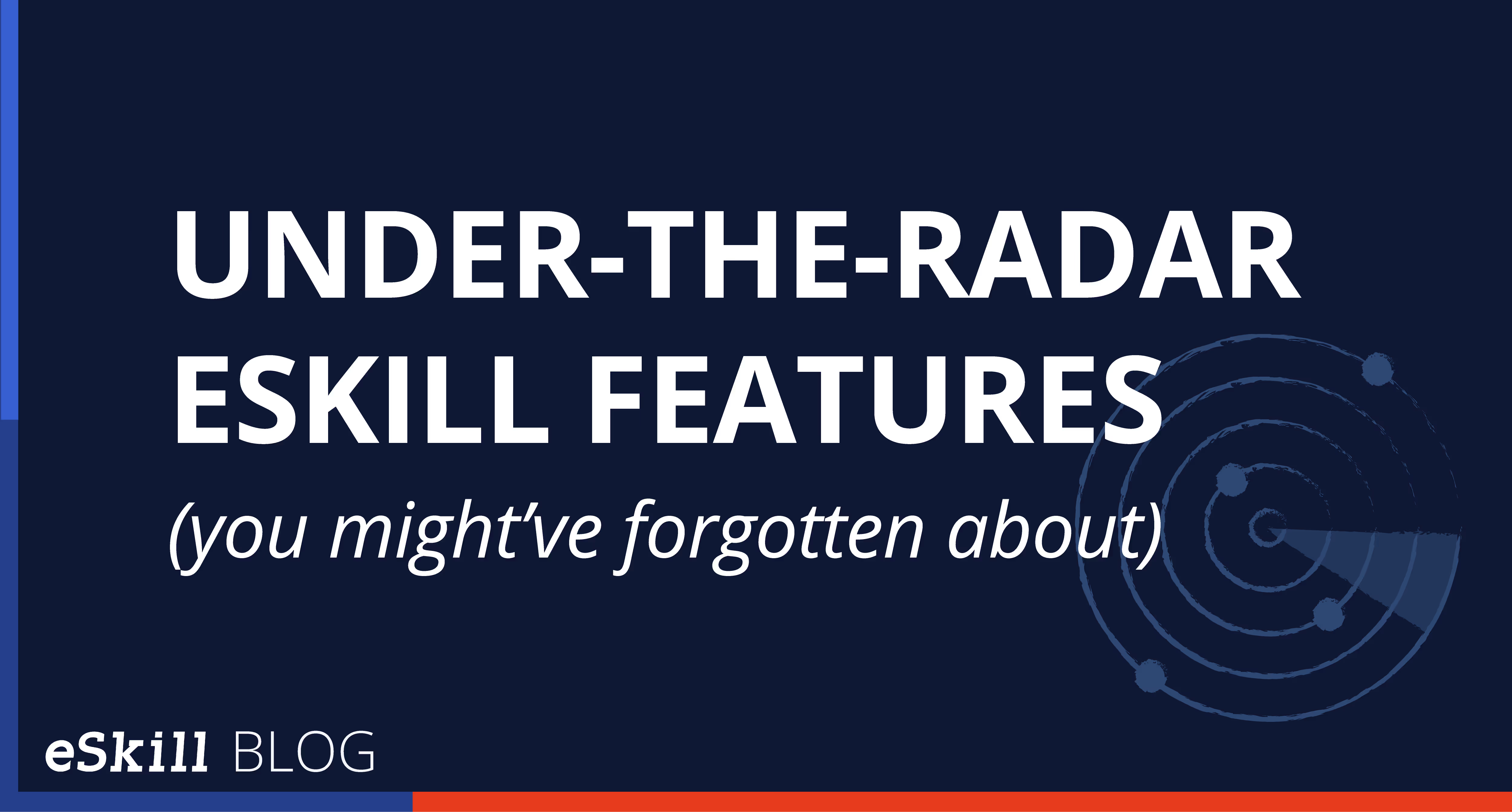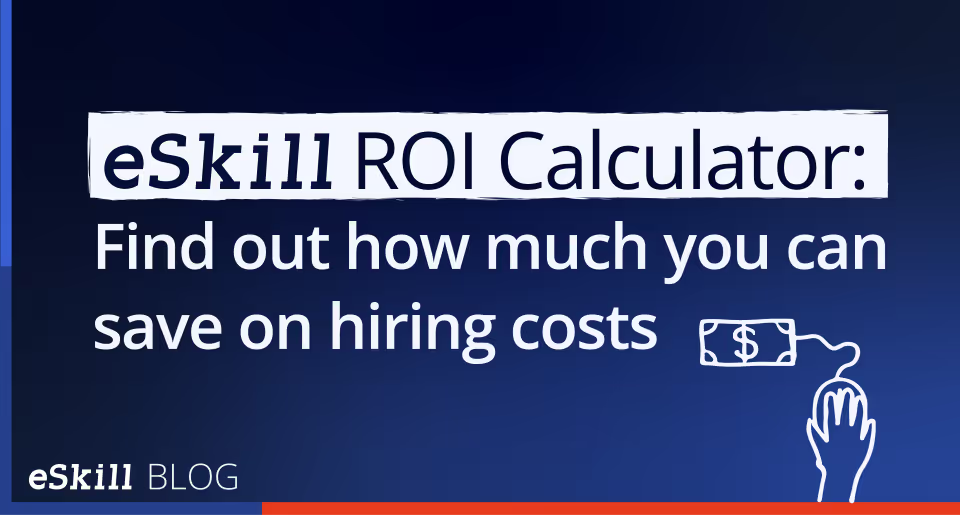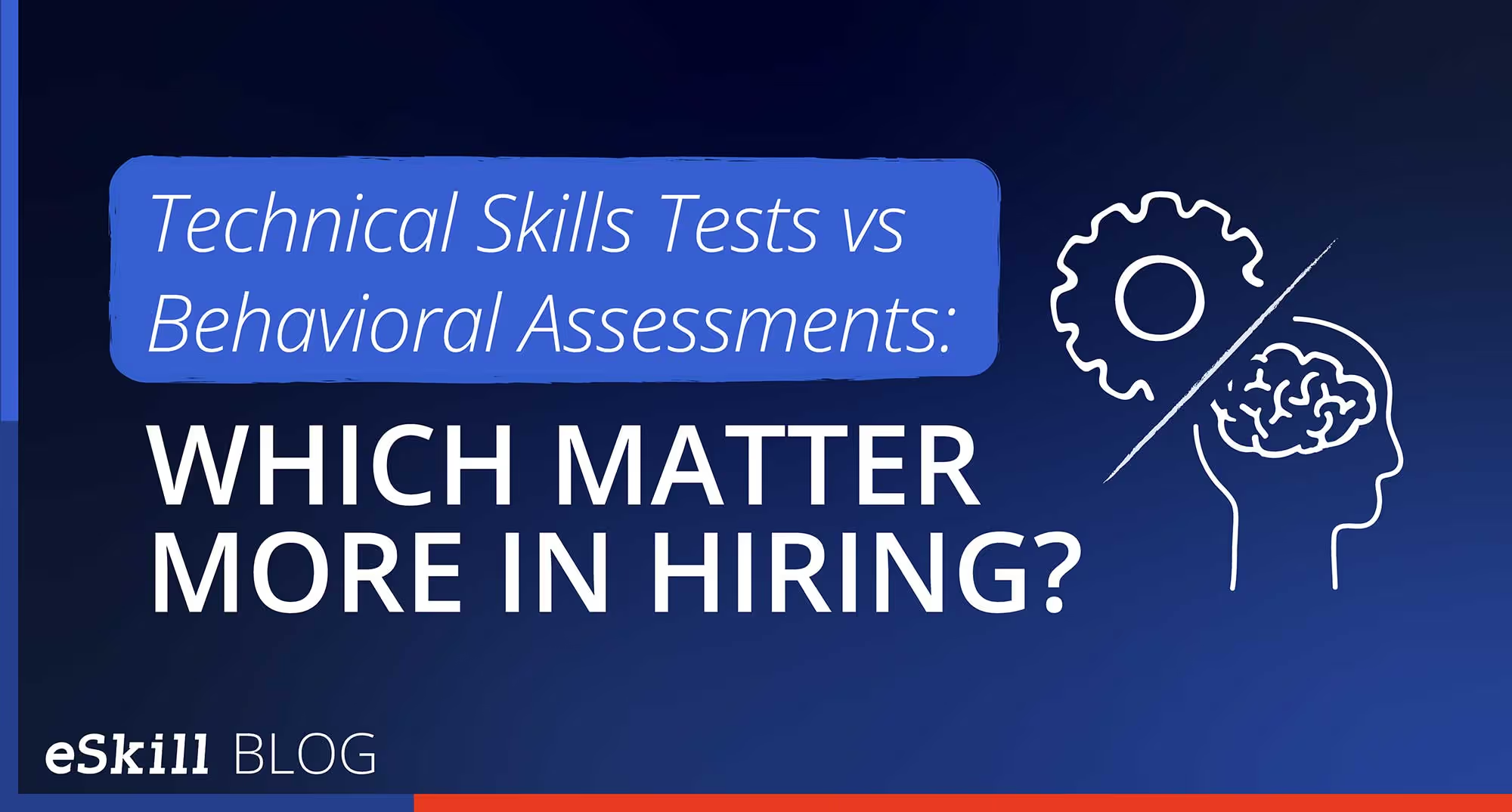The skills and capabilities employees need to be effective are evolving faster than ever. Organizations can no longer rely on infrequent, backward-looking performance reviews to manage and develop talent. Instead, they require dynamic tools to continually assess employee proficiencies and growth areas and enable personalized upskilling. This is where regular employee skills assessments add tremendous value.
What Are Employee Skills Assessments?
Employee skills assessments are standardized instruments that evaluate the skills, cognitive abilities, leadership, behaviors, and motivations of an existing workforce. They provide concrete insights compared to subjective perceptions and assumptions about talent.
Employee skills assessments identify capabilities employees already possess, identify areas where they need further development, act as a guide for training, and provide career mapping tailored to each employee.
Key objectives and benefits of employee skills assessments include:
- Gauging proficiency in specific functional skills needed for technical, financial, and creative roles
- Evaluating cognitive abilities like critical thinking, communication, and decision-making
- Appraising soft skills such as collaboration, empathy, and adaptability
- Assessing leadership, coaching, and other management competencies
- Aligning talent to optimal roles based on interests and strengths
- Identifying high-potential employees for advancement
- Enabling personalized development plans and career paths
- Reducing biased, instinctual decision-making around talent
Continuous Assessment Is Essential
While some organizations still rely solely on annual reviews, regular employee skills assessments provide far better insights. Annual appraisals suffer recency bias and do not account for rapid changes in proficiencies.
Ongoing, real-time employee skills assessments allow organizations to spot trends and opportunities early. They combine surveys, skills tests, self-evaluations, peer feedback, and other techniques to offer a comprehensive perspective.
Modern employee skills assessment platforms make continuous evaluation frictionless. Short online tests accessible via any device make periodic assessments unintrusive. Artificial intelligence (AI) can even parse unstructured data like emails to derive competency insights.
Key Components of Effective Employee Skills Assessments
Well-designed employee skills assessments include diverse components tailored to an organization’s needs, such as:
- Skills tests to evaluate proficiencies like software, equipment operation, and sales
- Cognitive ability tests measure capacities like numerical reasoning and communication
- Behavioral assessments that provide soft-skill insights on workstyles and motivations
- 360-degree feedback from peers, managers, and others to reduce bias
- Leadership employee skills assessments that include strategic thinking, coaching, and change management
- Goal setting and performance tracking functionalities
- Interest and engagement evaluations to understand passions and aspirations
- High potential assessment to identify top future leaders
- Customized employee skills assessments that allow HR teams to include proprietary organizational knowledge
- Multiple-choice questions and interactive simulations that mimic real-world scenarios
The Benefits of Online Assessments
Cloud-based assessment platforms provide significant advantages over manual evaluations:
- Convenient access anywhere, anytime, including via mobile
- Standardized administration and scoring to reduce bias
- Customizable using pre-designed and custom tests
- Multilingual assessments and global accessibility
- Integrations with HR systems like ATS for seamless data sharing
- Easy-to-interpret analytics dashboards
- Enhanced employee experience drives adoption
Employee Assessment Examples
Organizations use employee skills assessments to determine if applicants have the hard skills required for a specific job. If you choose an industry-leading assessment solution like the eSkill Talent Assessment PlatformTM, you can access a library with subject- and job-based employee skills assessments for virtually every occupation. You and your team can design assessments for specific experience levels by defining question difficulty levels as basic, intermediate, or advanced.
HR professionals can build customized employee skills assessments by choosing questions from multiple tests, such as the following, and adding their own questions. Examples of employee skills assessments in the eSkill Assessment Library are:
- Administrative Assistant
- Customer Service Representative
- Civil Engineer
- Credit Analyst
- C# Developer
- Executive Assistant
- Firefighter
- Food and Beverage Manager
- eCommerce Project Manager
- Information Systems Security Engineer
- Logistics Manager
- Machine Learning Engineer
- Medical Biller
- Network Engineer
- Web Designer
- 911 Dispatcher
Multiple employee skills assessments may be available to assess candidates for a specific job role. For instance, in the applications and web development category, businesses can use the Web Developer Skill Test to evaluate applicants’ ability to build and manage websites, the Web Designer test to assess their web creativity and design abilities, and the Quality Assurance Tester assessment to evaluate applicants’ ability to test, troubleshoot, and solve website issues.
Get Started with Employee Skills Assessments
In today’s highly competitive, rapidly evolving business landscape, organizations cannot afford to waste time on ineffective talent evaluation strategies. Progressive companies know success depends on developing a talented workforce that can quickly adjust to changes in market conditions.
When you implement an industry-leading pre-employment assessment solution like the eSkill Talent Assessment PlatformTM, you take the guesswork out of hiring and reduce recruiting costs and time-to-hire. Many eSkill clients cut hiring costs by 70% and reduced time-to-hire by 60%.
Do you want to learn how employee skills assessments can help you develop your staff more effectively? Contact us to request a demo.
Talk to sales






